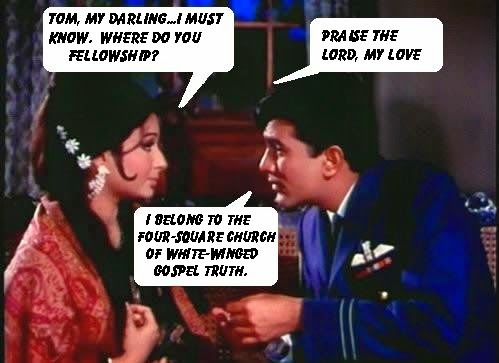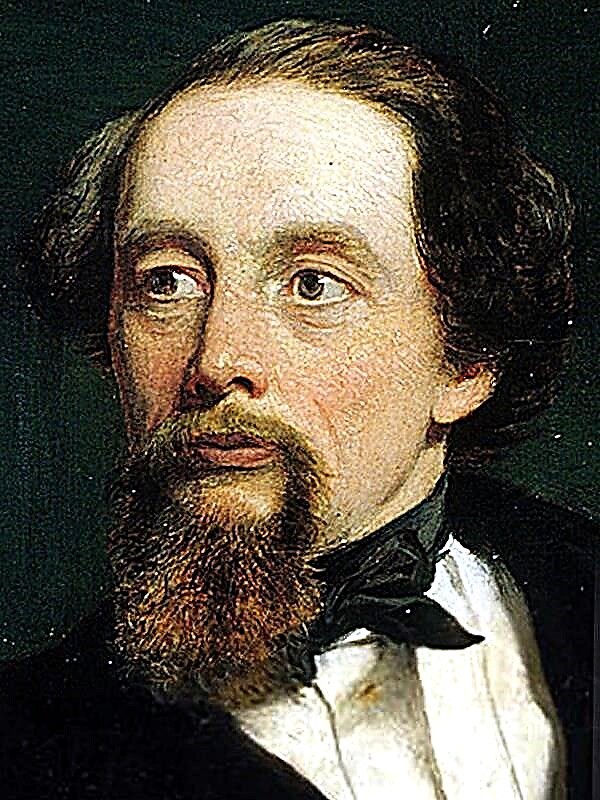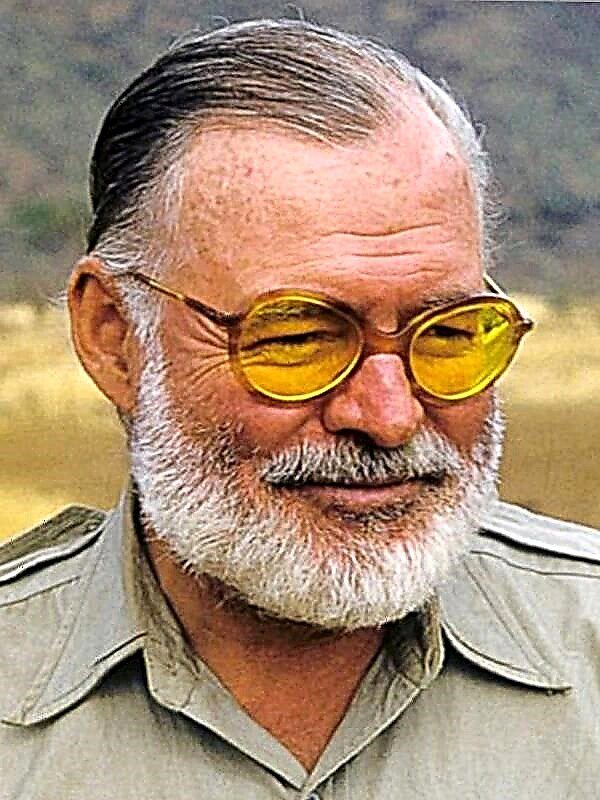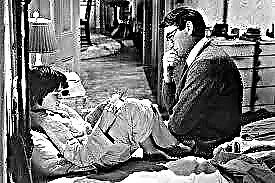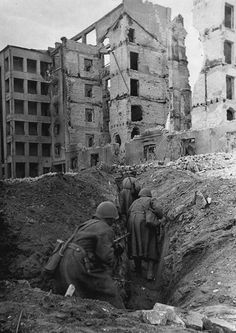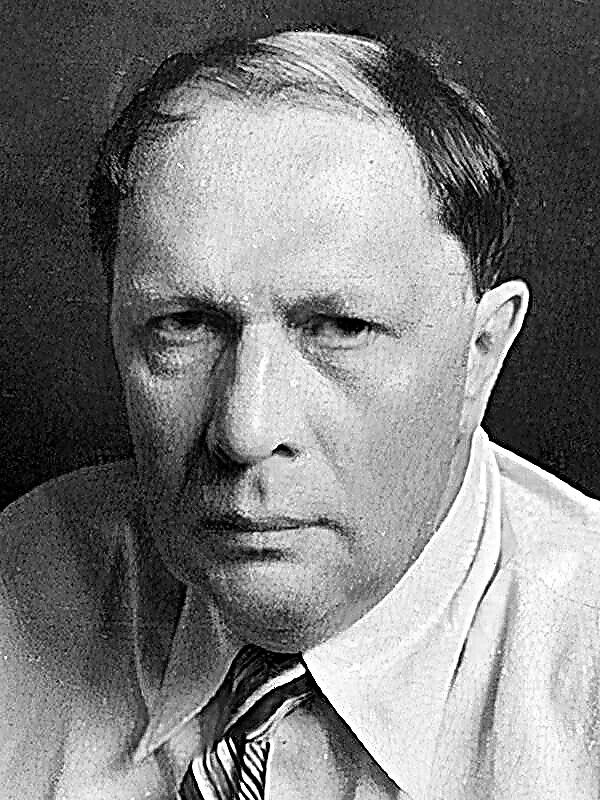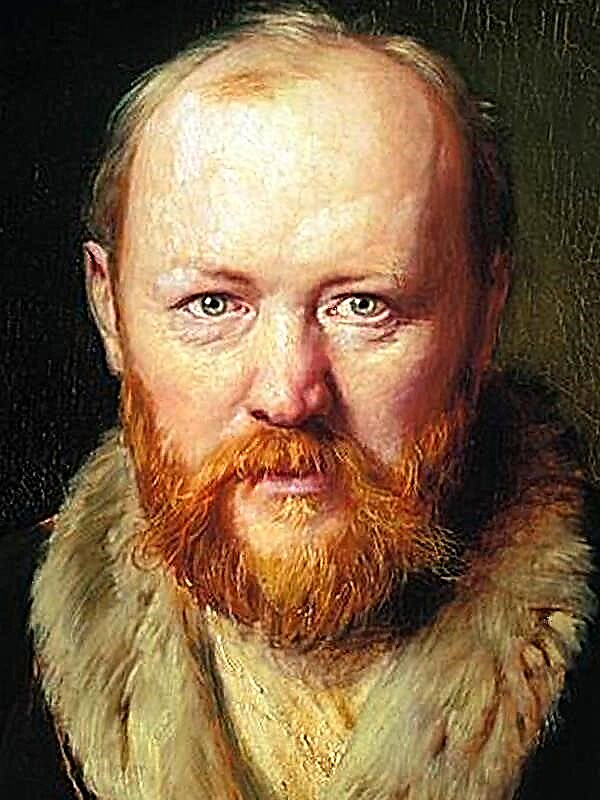Shyness is far from always opposed to courage, because the most modest and, at first glance, indecisive people are ready to commit a heroic act. This happens, of course, not always, but in the works of Russian literature there are many similar examples.
In the epic novel L.N. Tolstoy's “War and Peace” Pierre Bezukhov, one of the main and significant heroes of the work, is called a “timid but smart” young man. Pierre is the illegitimate son of a wealthy count, a man not accustomed to the gloss and splendor of high society. He is able to think critically, therefore he is dangerous for the society of the Scherer salon, but, unlike Prince Andrey, he is somewhat indecisive. He is inactive, calm, but the character of the hero is shown in the best traditions of Tolstoy's prose: Pierre is changing, developing. Once a timid person at a turning point for himself and the whole Fatherland, he is capable of a bold act. Under the influence of circumstances, leaving Masonic society, Count Bezukhov plans to kill Napoleon. It sounds weird and reckless. But it is precisely this thought that drives him to stay in the devastated Moscow, where the hero is given the opportunity to show courage. Pierre rescues a girl from a burning house, without thinking about how he risks himself. When asked, he points to the child as his daughter. This is Tolstoy’s deep psychologism: either Pierre wanted to protect the girl, or he was simply confused and embarrassed by nature. It seems to me that, after all, the second: the "timid" Pierre remained at heart that way, although he turned out to be bold at the right time.
In the work of F.M. Dostoevsky's “Crime and Punishment” Sonia Marmeladova - a girl “with a frightened face”, timid and quiet, also commits a brave act and not one. The mere fact that the heroine sacrifices herself for the sake of her stepmother, father and young children says a lot. Sonya goes “on a yellow ticket” to earn a living from her relatives, and this requires considerable courage and determination. Raskolnikov’s acquaintance with Sonechka was probably the most important event for the hero and his “healing”. Later, when it turns out that Rodion is waiting for hard labor, Siberia, Sonya, without hesitation, goes after him. Yes, in addition to her love for Raskolnikov, she has one more motive: “I am also a sinner,” she says. But she chooses this punishment for herself, and this is an indicator that the girl is not afraid of anything. She, contrary to her timidity and modesty, throughout the novel commits brave deeds.
Timid people are often truly brave. Such examples are in the works of Russian literature. Modest characters attract the great attention of writers of different eras, because it is on them that it is so convenient to show the versatility and inconsistency of the human soul.

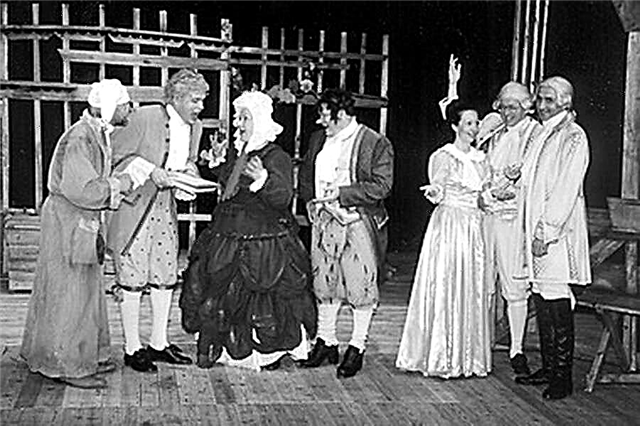

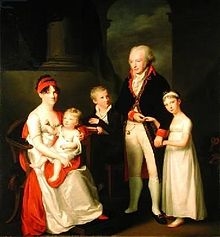
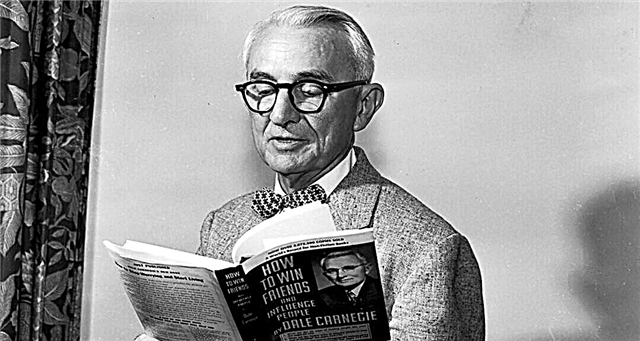 How to make friends
How to make friends